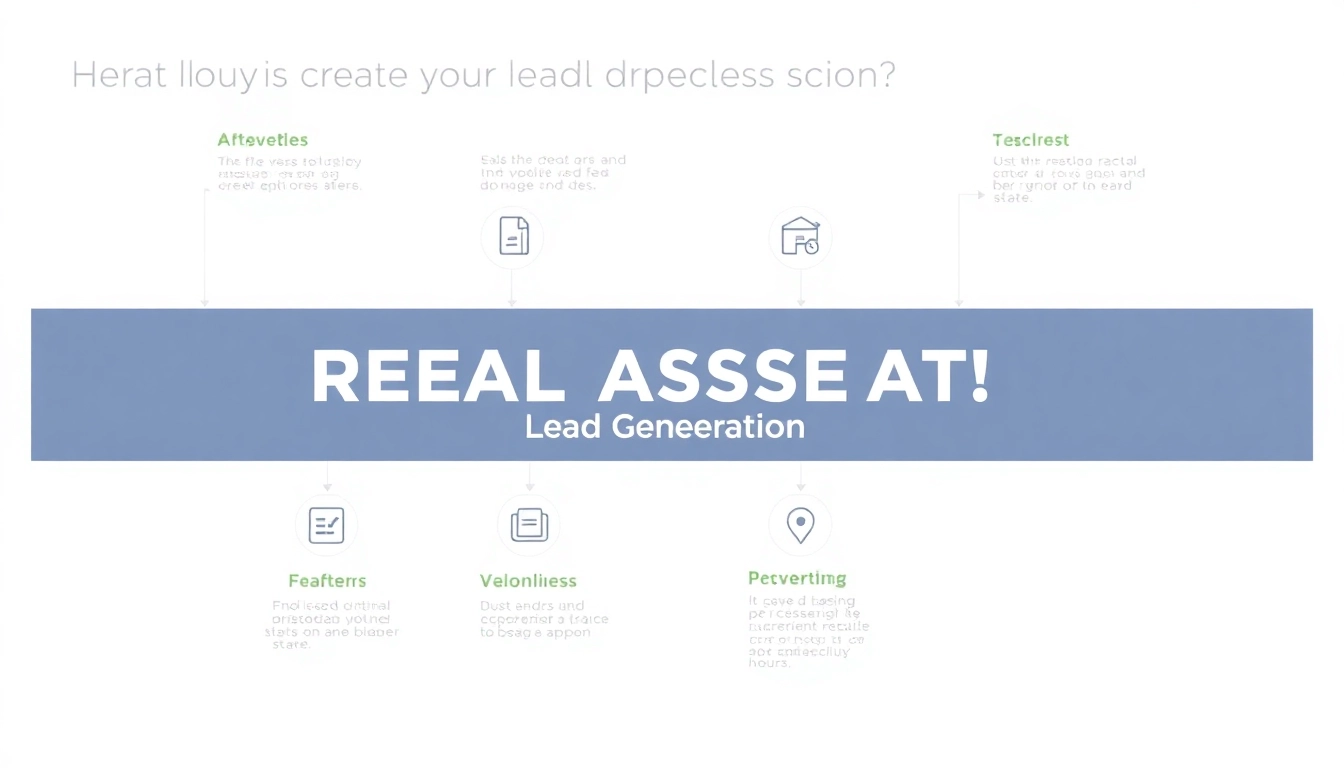Understanding Rental Property Management
Definition and Importance of Rental Property Management
Rental property management refers to the overseeing of residential or commercial properties, which involves managing various aspects such as tenant relations, property maintenance, lease compliance, and financial management. It is a crucial component for landlords aiming to maximize their investment while ensuring a smooth operational flow for their properties. By implementing effective rental property management, owners can optimize tenant satisfaction, enhance property value, and streamline administrative tasks that come with real estate investment.
Key Responsibilities of Property Managers
The role of a property manager encompasses a wide array of responsibilities essential for the successful running of rental properties. Key duties include:
- Tenant Screening: Conducting thorough background checks to ensure quality tenants who will adhere to lease agreements, pay rent on time, and maintain the property responsibly.
- Lease Management: Drafting and enforcing lease agreements which include terms of occupancy, maintenance responsibilities, and other legal aspects pertinent to tenancy.
- Rent Collection: Managing and collecting monthly rent payments, including addressing any delinquencies or rent disputes promptly.
- Property Maintenance: Coordinating regular upkeep and repairs to preserve property condition and ensure tenant safety and satisfaction.
- Financial Reporting: Providing owners with detailed reports on income, expenditures, and other financial metrics crucial to assessing the investment’s performance.
Benefits of Professional Rental Property Management
Engaging a professional property management service can offer numerous advantages:
- Time-Saving: It alleviates the burden of day-to-day management, allowing property owners to focus on other aspects of their lives or investments.
- Expertise and Experience: Professional managers possess industry knowledge and experience that can enhance property value and optimize rental income.
- Stress Reduction: Managing properties can be overwhelming; professional services handle conflicts, legal issues, and tenant problems efficiently.
- Improved Occupancy Rates: Property managers utilize marketing strategies and tenant acquisition tactics that help maintain steady occupancy.
Challenges in Rental Property Management
Common Issues Landlords Face
While property management can lead to rewarding outcomes, landlords often encounter various challenges in effectively managing their rental properties. Some common issues include:
- Tenant Turnover: High tenant turnover can lead to increased costs and loss of rental income, making effective tenant retention strategies essential.
- Maintenance Requests: Managing ongoing maintenance and ensuring timely repairs can prove challenging, especially for multiple properties.
- Legal Compliance: Navigating local laws and regulations related to housing and tenant rights can be complex and time-consuming.
Tenant Communication Challenges
Effective communication with tenants is vital for successful rental property management. Challenges often arise from:
- Lack of Response: Some tenants may be unresponsive, making it difficult to address issues or coordinate maintenance.
- Disputes: Conflicts can occur over lease terms, property damages, or payment issues, requiring clear communication and resolution strategies.
Legal and Compliance Hurdles
Property managers must be aware of various compliance issues, including:
- Eviction Processes: Understanding local eviction laws and procedures to handle tenant defaults or lease violations effectively.
- Fair Housing Laws: Ensuring that all operations comply with federal and local fair housing regulations to avoid discrimination claims.
Best Practices for Rental Property Management
Effective Tenant Screening Methods
One of the most critical aspects of property management is tenant screening. Implementing effective screening methods can help guarantee the right tenant selection:
- Background Checks: Using comprehensive background checks that include credit history and rental history to assess a tenant’s reliability.
- Employment Verification: Confirming employment status and income levels to ensure tenants have the financial capability to meet their rent obligations.
- Personal References: Requesting references from previous landlords or personal contacts to gauge tenant behavior and reliability.
Streamlining Maintenance Requests
Efficient management of maintenance requests ensures tenant satisfaction and property condition:
- Online Portals: Implementing an online maintenance request system that allows tenants to easily report issues can save time and improve communication.
- Regular Inspections: Conducting routine inspections to anticipate maintenance needs before they escalate into larger issues.
Utilizing Software Solutions for Management
Embracing technology can greatly enhance rental property management efficiency. Property management software can help:
- Track Payments: Easily manage rent collection and track tenant payment histories.
- Document Management: Maintain and organize essential documents, such as leases, maintenance records, and tenant communications.
- Financial Reporting: Generate reports that provide insights into the financial performance of the property.
Data-Driven Approaches to Rental Property Management
Analyzing Market Trends for Better Decisions
Understanding market dynamics is essential for making informed decisions in rental property management. Analysis of market trends helps in:
- Setting Competitive Rent Prices: Keeping abreast of local rental rates ensures pricing remains attractive and competitive to prospective tenants.
- Identifying Investment Opportunities: Analyzing neighborhoods or sections of a city that show positive growth potential can enhance ROI.
- Understanding Tenant Preferences: Staying current on tenant trends enables property managers to meet demands and improve tenant retention.
Performance Metrics to Track Success
To evaluate the effectiveness of property management practices, several key performance metrics should be monitored:
- Occupancy Rates: Tracking the percentage of rented units can help gauge overall property performance.
- Tenant Turnover Rate: Understanding the turnover rate can indicate tenant satisfaction and areas for improvement.
- Maintenance Response Times: Monitoring how quickly maintenance requests are addressed can inform service effectiveness.
Leveraging Tenant Feedback for Improvement
Feedback from tenants is a powerful tool for continuous improvement. Establishing methods to gather tenant insights can include:
- Surveys: Regularly conducting tenant satisfaction surveys to identify areas of success and where improvements can be made.
- Offboarding Interviews: Engaging with tenants when they decide to vacate can provide valuable insights into their experiences.
The Future of Rental Property Management
Emerging Technologies in Property Management
The landscape of rental property management is evolving with emerging technologies that streamline processes:
- Smart Home Technology: Implementing smart technologies (such as smart locks and heating systems) can enhance tenant experience and reduce operational costs.
- Data Analytics: Leveraging big data can guide strategic decision-making relating to tenant acquisition, property pricing, and marketing efforts.
Sustainability Trends Impacting Rental Properties
With growing awareness towards environmental sustainability, properties that incorporate green practices often attract more tenants and command higher rental prices. Key sustainability trends include:
- Energy Efficiency Improvements: Investments in energy-efficient appliances and systems can lower utility expenses for both landlords and tenants.
- Sustainable Building Materials: Employing eco-friendly construction materials and methods can enhance property appeal.
Anticipating Changes in Tenant Expectations
As societal norms evolve, so do tenant expectations. Properties that adapt to these changes can achieve a competitive edge. Anticipated trends include:
- Remote Work Accommodations: Properties may need to cater to remote workers with dedicated office spaces or amenities.
- Enhanced Community Features: Tenants increasingly seek amenities that foster community connections, such as shared spaces and communal events.



